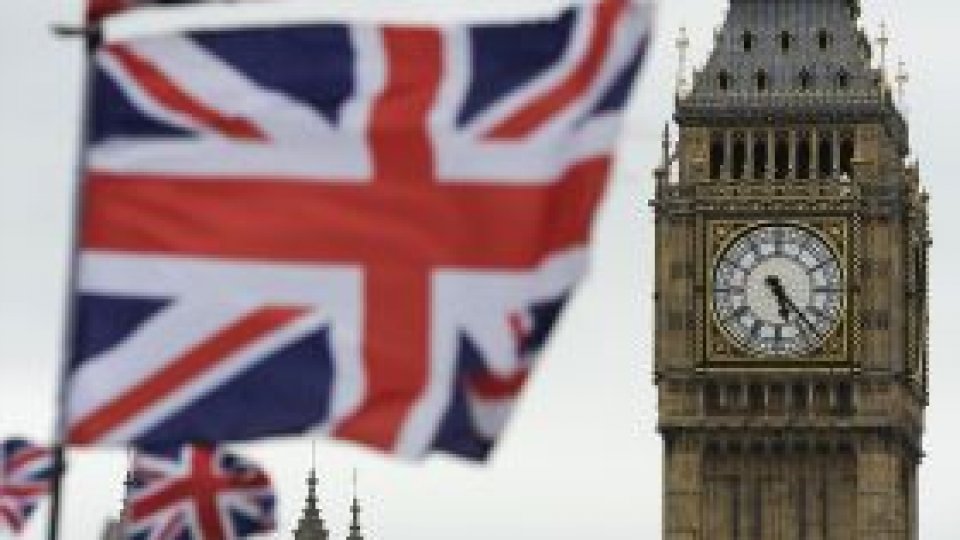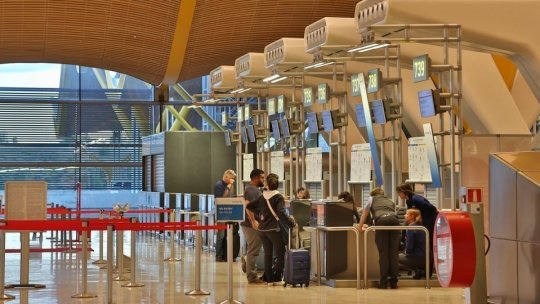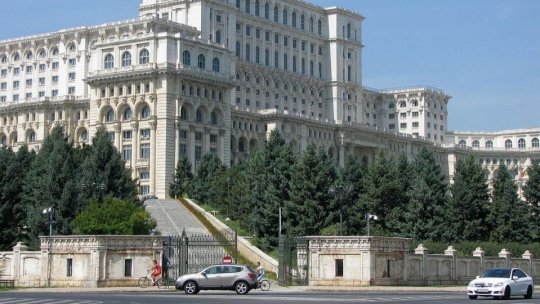British media fears do not come true
The new year is only three days old but already the British media appears to have forgotten about the threatened mass invasion of citizens from Romania and Bulgaria.

03 Ianuarie 2014, 10:41
Despite fears expressed in the British media that the lifting of the temporary restrictions on workers from Romania and Bulgaria may see large numbers of migrant workers arriving in the UK, the influx appears to be normal for this time of the year.
The new year is only three days old but already the British media appears to have forgotten about the threatened mass invasion of citizens from Romania and Bulgaria.
There was not a single mention of the issue in any of the newspaper front page headlines.
And Romanians arriving at the UK's airports would not have found a single journalist nor a single TV cameraman asking them why they had come here, whether they were going to live on social welfare payments, and whether dozens more members of their families were waiting back home to board a plane to the UK.
But this does not mean that the concern has gone away.
As soon as a Romanian is caught committing a crime, the newspapers are sure to use it as an example of an impending crime wave.
And for those who wish to explore a little deeper, many of the more serious newspapers are debating the issue in their letter columns or on their web sites.
The Economist magazine - a serious journal - took the unusual step last week of publishing an open letter encouraging Romanians and Bulgarians to come here.
It stimulated a lively debate. The Economist is solidly in favour of a free-market approach to the economy.
It believes in free movement of labour; it also wants to see market forces determining wage and salary levels.
So, if Romanian workers are willing to work for less than their British colleagues, employ the Romanians, because it will drive down costs and therefore be good for business.
The Economist also believes that people willing to move from their home countries to a foreign land to earn a better living, are demonstrating an entrepreneurial spirit that will benefit Britain.
Such people are hard-working, willing to work long hours, maybe doing more than one job, and are always looking for ways of improving their life chances.
That may encourage the host population to try a bit harder too, or so the journal suggests.
The Economist derided the highly questionable reporting in the media of the fear of a Romanian/Bulgarian invasion.
And many of the contributors posting on its web site agree that Romanian and Bulgarian migration is a good thing. But others disagree, one contributor pointing out that there already has been large-scale EU migration into Britain since 2004, and the economy has not prospered.
Another comments that, 'I don't care how hard they work, I don't want the downward pressure on wages and upward pressure on rents and other costs'.
Finally, one writer asks, 'If millions of Britons were pouring into Romania and Bulgaria in an era of high unemployment and economic hardship, how welcome do you think they would be?'
While we must challenge the numbers given here, it is this concern that has captured the imagination of the British public.
The question is, how can it be debated n a clear and honest matter. Unfortunately for would-be Romanian and Bulgarian migrants, they are to some extent the wrong people, in the wrong place, at the wrong time.
The British are suffering a severe dose of self-doubt after the wars in Afghanistan and Iraq; terrorism; politicians cheating on their expense claims, falling living standards; a press that searches out the most salacious and cruel stories.
Many people are fearful and are looking for scapegoats.
Romanian and Bulgarian migrants - as a concept, not individually - offer a very easy focus for those fears.













